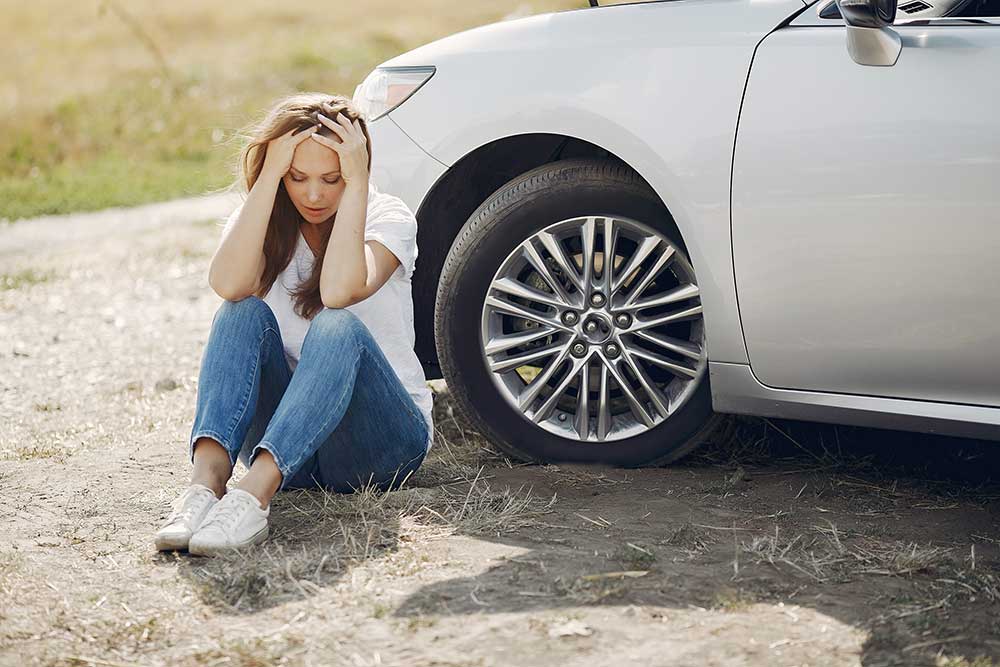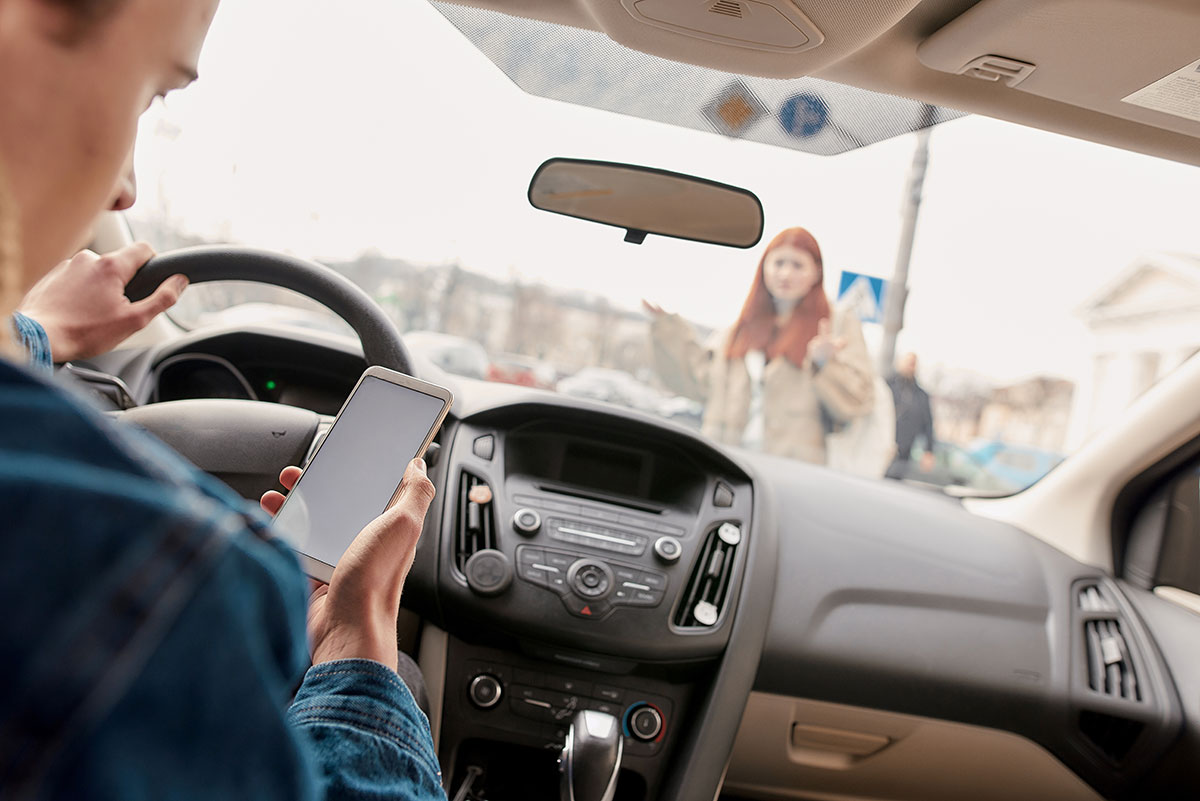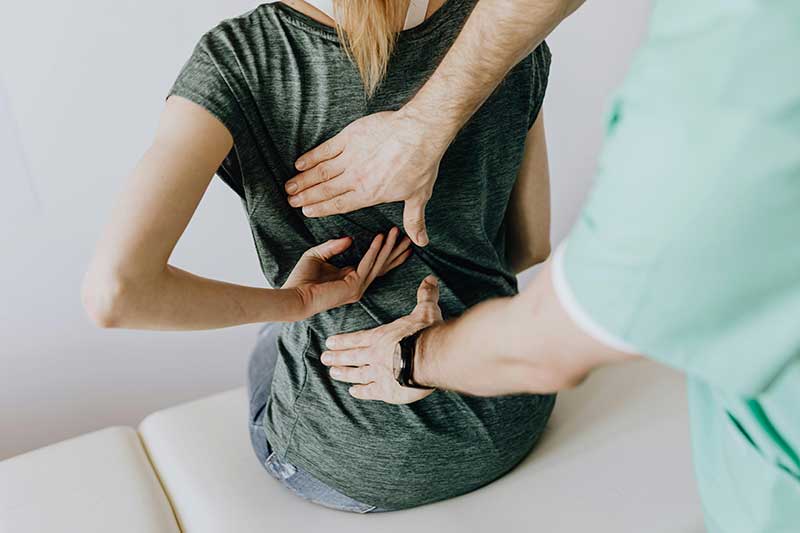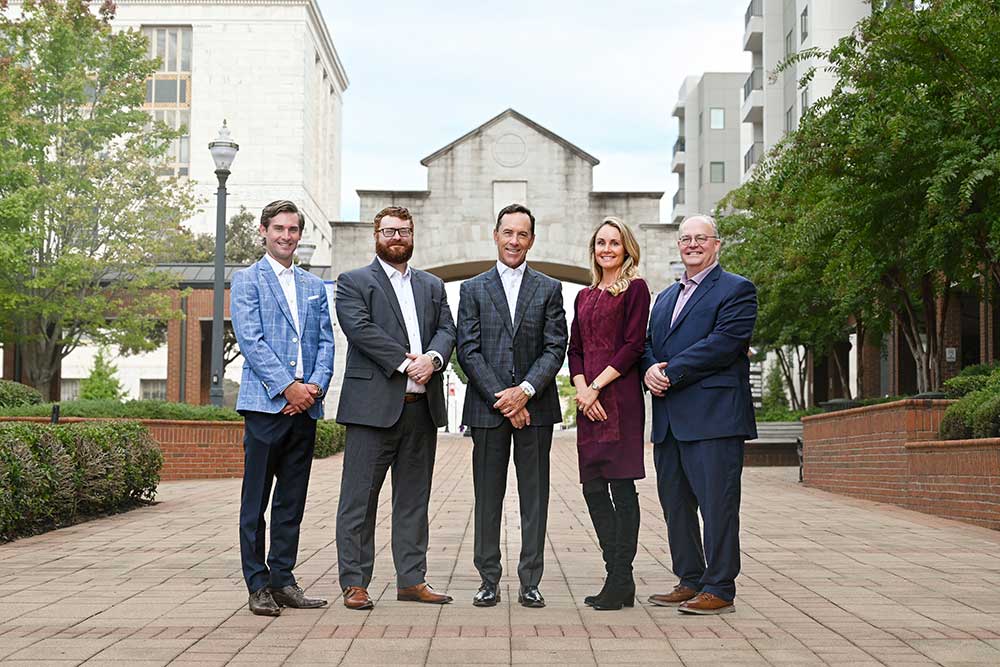Should You Talk to Our Personal Injury Lawyers?
Not every accident needs a lawyer. But when injuries are serious, bills are piling up, or the insurance company isn’t playing fair, having legal support can make a huge difference. If you’re missing work, facing long recovery times, or feeling overwhelmed by the process, we’re here to help take some of that weight off your shoulders. Here’s how we can help you do:
- Look into what caused your injury
- Collect strong evidence to support your case
- Deal with the insurance companies so you don’t have to
- File a lawsuit if needed—and see it through
We work on a contingency fee basis, meaning you don’t pay us unless we recover money for you. Our goal is to make the process as simple, honest, and stress-free as possible—so you can focus on getting better.




